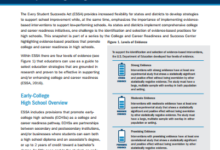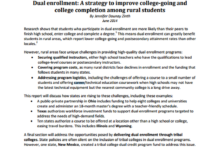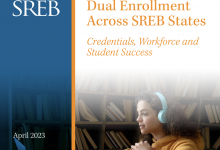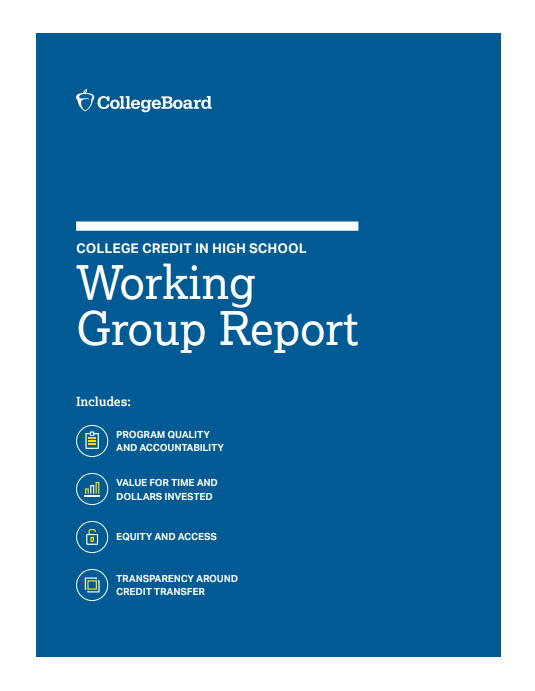Offering learners the opportunity to earn college credit in high school is an effective strategy to promote college-going, align programs of study from the secondary to postsecondary level, and facilitate progress toward a postsecondary credential of value. As participation in early college opportunities has increased, so too have the delivery mechanisms, from dual/concurrent enrollment to Advanced Placement courses to early college high schools.
This report from the College Board draws on insights from a working group of experts to provide practical guidance for state and local policymakers. It examines four relevant factors for high-quality college credit in high school programs:
- Program quality and accountability
- Value for time and dollars invested
- Equity and access
- Transparency and credit transfer
This resource provides critical questions to guide policy development around each of these areas, along with facts, guiding principles and core outcomes metrics for a quality college credit in high school program.







